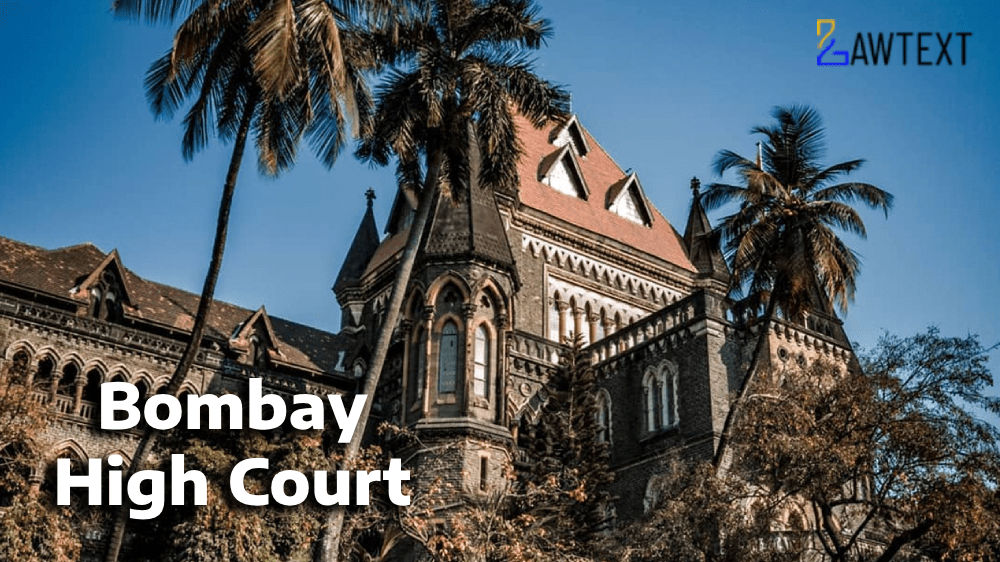Bombay High Court Held That Retirement Includes Resignation—Entitlement to Pension Upheld

CASE NOTE & SUMMARY
Resignation of a High Court Judge Does Not Forfeit Pensionary Benefits—Interpretation of “Retirement” Under High Court Judges (Salaries and Conditions of Services) Act, 1954
The word “retirement” is broad and includes resignation. No statutory provision explicitly states that resignation forfeits pension. Five former judges who resigned received pensions; selective denial violated equal treatment.
Held: The word “retirement” includes resignation. The petitioner was entitled to pensionary benefits.
Directions Issued:
The Registry’s order denying pension was quashed. The petitioner was granted pension w.e.f. February 14, 2022, with 6% interest per annum. Compliance was mandated within two months.
Acts and Sections Discussed:
- Constitution of India, 1950 – Article 217(1)(a), Article 221
- High Court Judges (Salaries and Conditions of Services) Act, 1954 – Sections 2(1)(g), 14, 15
- Right to Information Act, 2005 – Relevant for seeking pension records
Subjects:
Pension—Retirement—Resignation—Additional Judge—High Court Judges Act—Service Jurisprudence—Constitutional Post—Entitlement—Superannuation—Discrimination—Legislative Intent
Nature of the Litigation:
- A former Additional Judge of the Bombay High Court challenged the denial of pensionary benefits following her resignation.
Who Approached the Court and Remedy Sought:
- The petitioner, a former Judge of the Bombay High Court, sought a writ directing the respondents to grant her pension from February 14, 2022, with interest.
Reason for Filing the Case:
- The petitioner was informed by the Registry of the High Court that she was not eligible for a pension based on legal opinions provided by government authorities.
What Had Been Decided Until Now?
- The Registry denied pension on the ground that resignation does not qualify as retirement under the 1954 Act. The petitioner contended that five former judges who resigned were receiving pensions.
Issues:
a. Whether the expression “retirement” under Sections 14 and 15 of the 1954 Act includes resignation.
b. Whether denying pension to an Additional Judge who resigned violates constitutional provisions.
Submissions/Arguments:
Petitioner’s Contentions:
- A High Court Judge holds a constitutional office, and pension claims should be governed by constitutional and statutory provisions rather than general service rules.
- Sections 14 and 15 of the 1954 Act use “retirement” broadly, encompassing superannuation, voluntary resignation, and medical incapacity.
- Resignation is a mode of retirement and should not forfeit pension entitlements.
- Reliance placed on Supreme Court rulings, including Sudhir Chandra Sarkar v. Tata Iron and Steel Co. Ltd. (1984) and Union of India v. Syad Sarwar Ali (1998).
Respondents’ Contentions:
- The term “retirement” in Sections 14 and 15 of the 1954 Act does not include resignation.
- Resignation is a voluntary act indicating unwillingness to continue, distinct from retirement.
- Government authorities opined that resignation leads to forfeiture of pension under service rules.
ISSUE OF CONSIDERATION
Pushpa w/o. Virendra Ganediwala Versus High Court of Judicature of Bombay & Ors.
Citation: 2025 LawText (BOM) (3) 133
Case Number: WRIT PETITION NO.15018 OF 2023
Date of Decision: 2025-03-13
Case Title: Pushpa w/o. Virendra Ganediwala Versus High Court of Judicature of Bombay & Ors.
Before Judge: ALOK ARADHE, CJ. & BHARATI DANGRE, J.
Advocate(s): Mr. Sunil Manohar, Senior Advocate with Mr. Nikhil Sakhardande, Senior Advocate and Mr. Pralhad Paranjape, Mr. Ankit B. Rathod, Mr. Onkar Bajaj, Mr. Atharva S. Manohar i/b. Anshu Agrawal for the petitioner Mr. Virendra Tulzapurkar, Senior Advocate a/w.Mr. Rahul Nerlekar for respondent No.1 to 3 Mrs. Neha S. Bhide, Govt. Pleader with Mr. O. A. Chandurkar, Additional Govt. Pleader and Mrs. G. R. Raghuwanshi, AGP for respondent Nos.5 and 6 – State
Appellant: Pushpa w/o. Virendra Ganediwala
Respondent: High Court of Judicature of Bombay & Ors.

